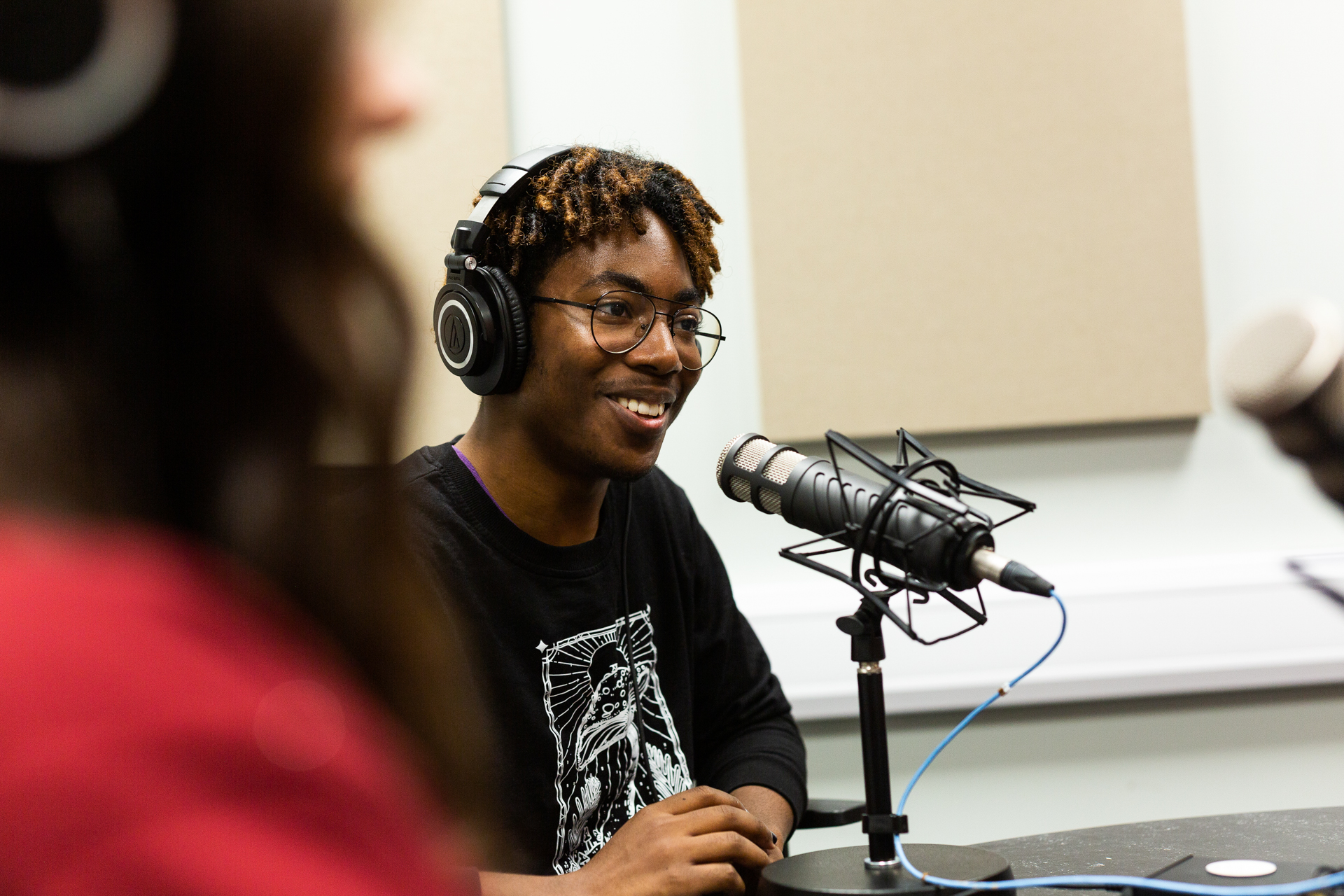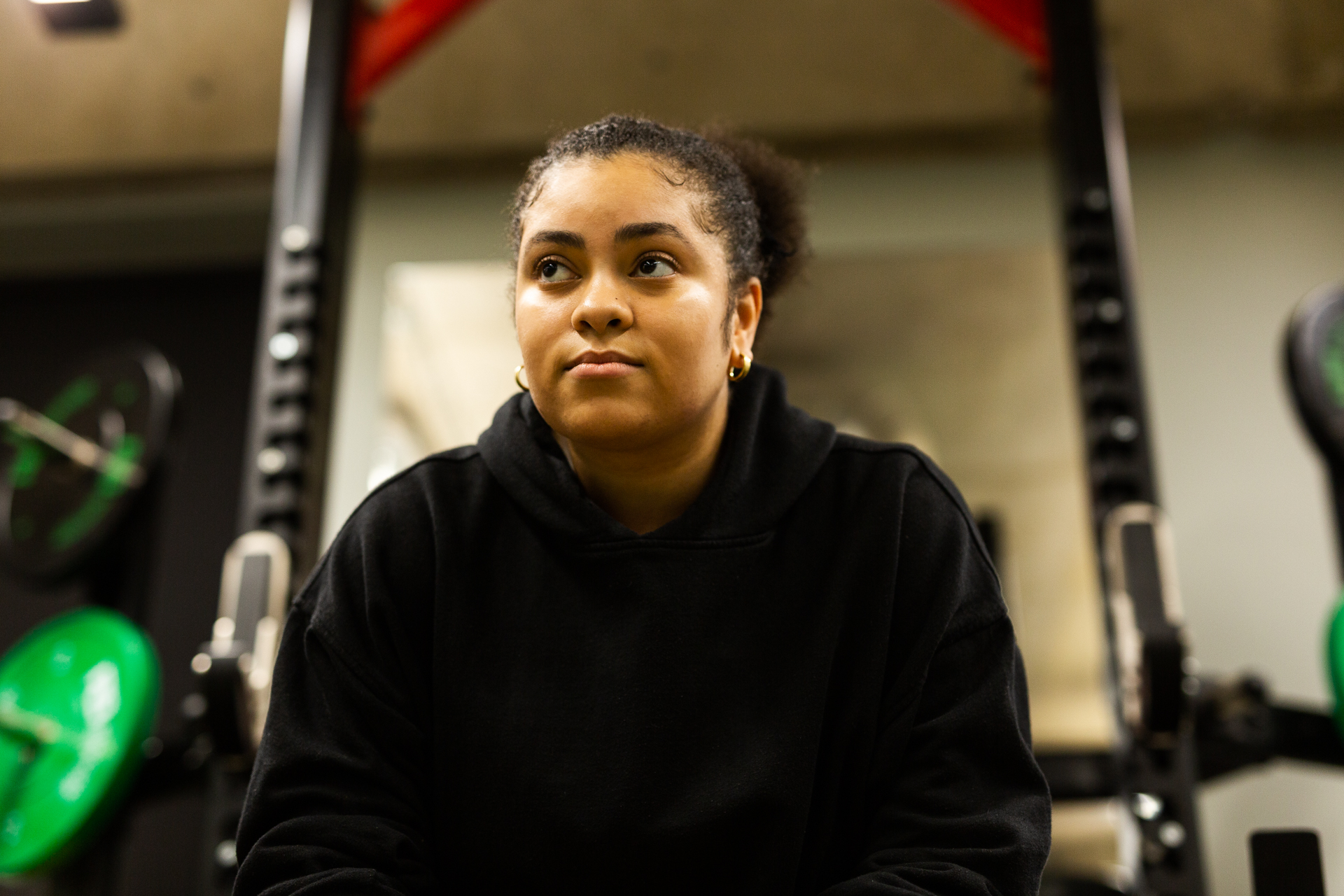I’m Alix, Admissions Officer at UA92, and with the UCAS Equal Considerations Deadline on the horizon, we’ve rounded up some of the web’s most searched questions about personal statements and answered them below, so you can feel confident when it’s time to hit submit on that UCAS application.
What’s the purpose of a personal statement?
Your personal statement is your chance to tell universities a little bit more about you. Your qualifications are obviously important, but we want to know what you’re doing outside of your subjects – your hobbies, interests and any work experience you’ve got.
The personal statement is there to set you apart from everyone else. You might have the same grades, or have studied the same subjects, so your personal statement is an opportunity to tell us what you’re passionate about, how you’re preparing for university life and why you want to study this subject.
What should I include in my personal statement?
The new personal statement format, for students applying for courses starting in 2026, is split into three questions. This makes it much easier to structure your answers and make sure you’re giving university admissions staff what they need to see.
Here’s how to approach each question:
- Why do you want to study this subject or course?Share your passion for the subject! Talk about how it links to the subjects you are studying at the moment and where you hope this degree might take you in your future career.
- How are your current qualifications preparing you for this course and your future career?Reflect on what you’re learning right now. Maybe your A Levels, BTEC, or T Levels have given you useful knowledge or skills that link to your degree choice.
- What else are you doing outside of education to prepare for university life?This one is a bit more about your personality and what you do outside of your studies. Mention hobbies, sports, volunteering, part-time jobs or anything that shows you’re developing valuable skills for the future like teamwork, communication or leadership.
How long should my personal statement be?
You have 4,000-character limit (including spaces) across the three questions.
Each question needs a minimum of 350 characters, but you can make one answer longer than another. For example, you might have lots of hobbies or extra-curricular activities outside of your studies, so this answer might be longer than your first or second answer. Just make sure your total stays under 4,000 and that you’ve covered all three sections.
You don’t need to write a novel, just include what’s impactful and relevant to you!
Do I need to write a conclusion?
With the new structure, you no longer really need to include a conclusion or summary. If you focus on answering each question fully, you won’t need an extra ending.
How can I make my personal statement stand out?
Universities love to see examples of real-life experiences that show your motivation and determination.
To make your personal statement stand out, include any barriers or challenges you’ve had to overcome to get where you are now.
When you’re talking about what you do outside of education, include things like work experience or being part of a team as these experiences show valuable transferable skills. You might think that working in a shop or café doesn’t relate to your career, but it shows teamwork, communication and other skills that are useful for your professional development.
The key is to reflect on what you’ve learned and how it’s helped you grow. That’s what brings your statement to life.
When do I need to submit my personal statement?
Your personal statement is submitted alongside your UCAS application.
The January deadline for September 2026 applications is Wednesday 14 January at 6pm. Check with your college as they may have different deadlines if you are submitting your application through them.
If you miss the deadline, don’t worry, it’s not the end of your university dreams. You can find out more about missing the deadline on our blog here.
If you are applying for any of our other start dates including January, February or April, check with our admissions team.
Can I use AI?
Incorporating AI tools like ChatGPT or Microsoft Copilot can be really beneficial for generating ideas, improving readability or checking for grammar and spelling. However, using AI to write large portions of your statement or rephrasing other people’s ideas could be considered plagiarism by some universities.
Admissions officers are looking for your personal touch, not perfection! Make sure you use AI ethically and be your authentic self.
You can find more guidance from UCAS here.
Who actually reads my personal statement?
We do!
In general, it’s the admissions teams at universities across the country who read your personal statements.
A lot of universities, including us here at UA92, also use them when considering things like bursaries and scholarships, so make sure you put in as much passion and personality as you can. It really does count, and it might even help you get something you didn’t expect!
Final thoughts
Your personal statement is your voice. It’s your opportunity to show us who you really are. Be honest, be yourself and take pride in your journey so far.
We can’t wait to read your statements and (hopefully!) welcome you to UA92 soon.
If you’ve got more questions or want to learn more about life at UA92, check out our student blog, YouTube channel, or social media pages, and don’t forget to come along to one of our Open Days.
Good luck – you’ve got this!
 World of Business
World of Business  World of Digital
World of Digital  World of Media
World of Media  World of Sport
World of Sport 


